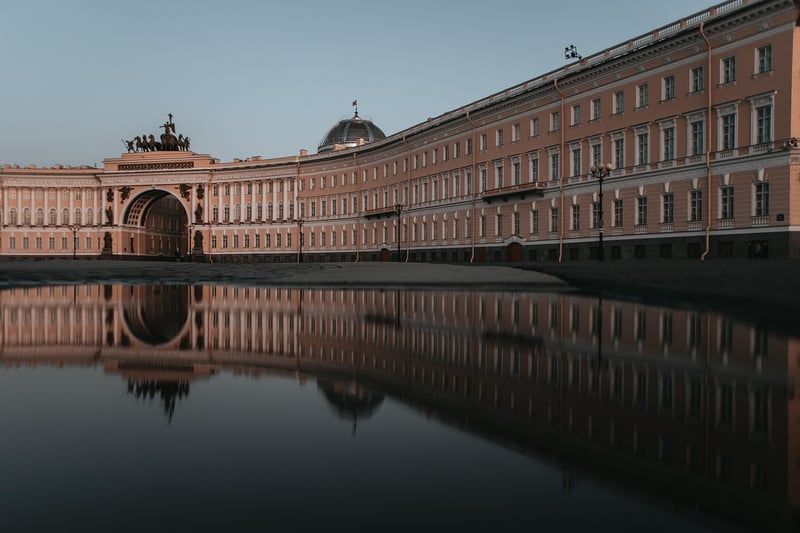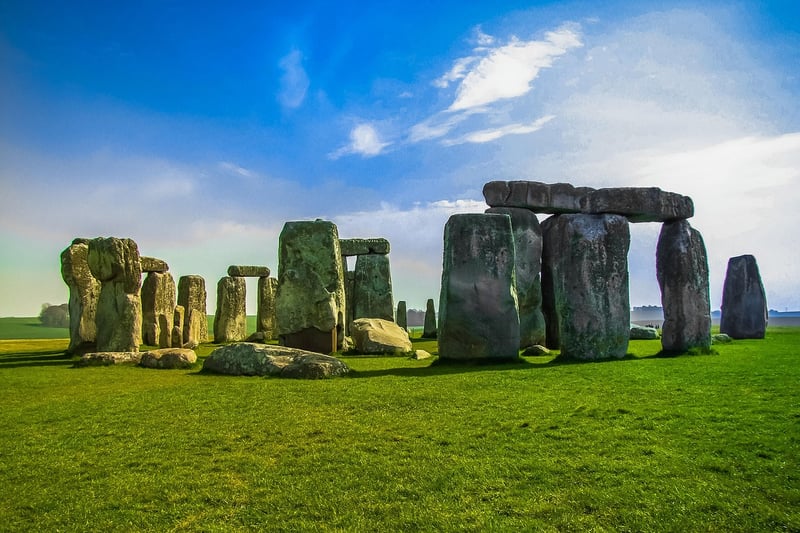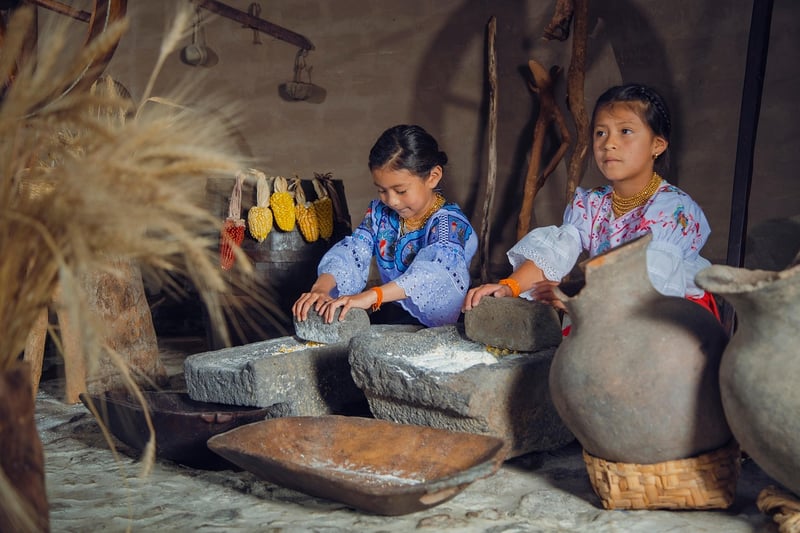Cultural Heritage
Preserve the Past: Understanding the Importance of Cultural Heritage

Cultural heritage is the legacy of physical artifacts and intangible attributes of a group or society that are inherited from past generations, maintained in the present, and passed on to future generations. It includes tangible items such as buildings, monuments, art, and artifacts, as well as intangible aspects like traditions, languages, and customs.
Why is Cultural Heritage Important?
1. Identity and Belonging: Cultural heritage provides a sense of identity and belonging for individuals and communities, fostering pride in one's roots and history.
2. Education and Research: Preserving cultural heritage allows for the study and understanding of past civilizations, traditions, and societal practices, contributing to education and research.
3. Tourism and Economy: Cultural heritage sites attract tourists, contributing to local economies through increased revenue and job opportunities.
Challenges in Preserving Cultural Heritage
1. Natural Disasters: Events such as earthquakes, floods, and fires can cause irreversible damage to cultural heritage sites.
2. Urbanization and Development: Rapid urbanization and development may lead to the destruction or alteration of historic buildings and sites.
3. Climate Change: Rising sea levels, extreme weather events, and other impacts of climate change pose a threat to cultural heritage sites worldwide.
Ways to Preserve Cultural Heritage
1. Conservation and Restoration: Implementing proper conservation and restoration techniques can help protect and maintain cultural heritage sites for future generations.
2. Awareness and Advocacy: Raising awareness about the importance of cultural heritage and advocating for its preservation can help garner support and resources for conservation efforts.
3. Community Involvement: Involving local communities in the preservation of cultural heritage fosters a sense of ownership and responsibility, ensuring long-term sustainability.
Preserving our cultural heritage is not just a matter of preserving the past; it is an investment in our future. By safeguarding these valuable assets, we can continue to learn from the past, celebrate diversity, and promote a sense of unity among different cultures and societies.

Let us all join hands in preserving and protecting our rich cultural heritage for the benefit of current and future generations.
